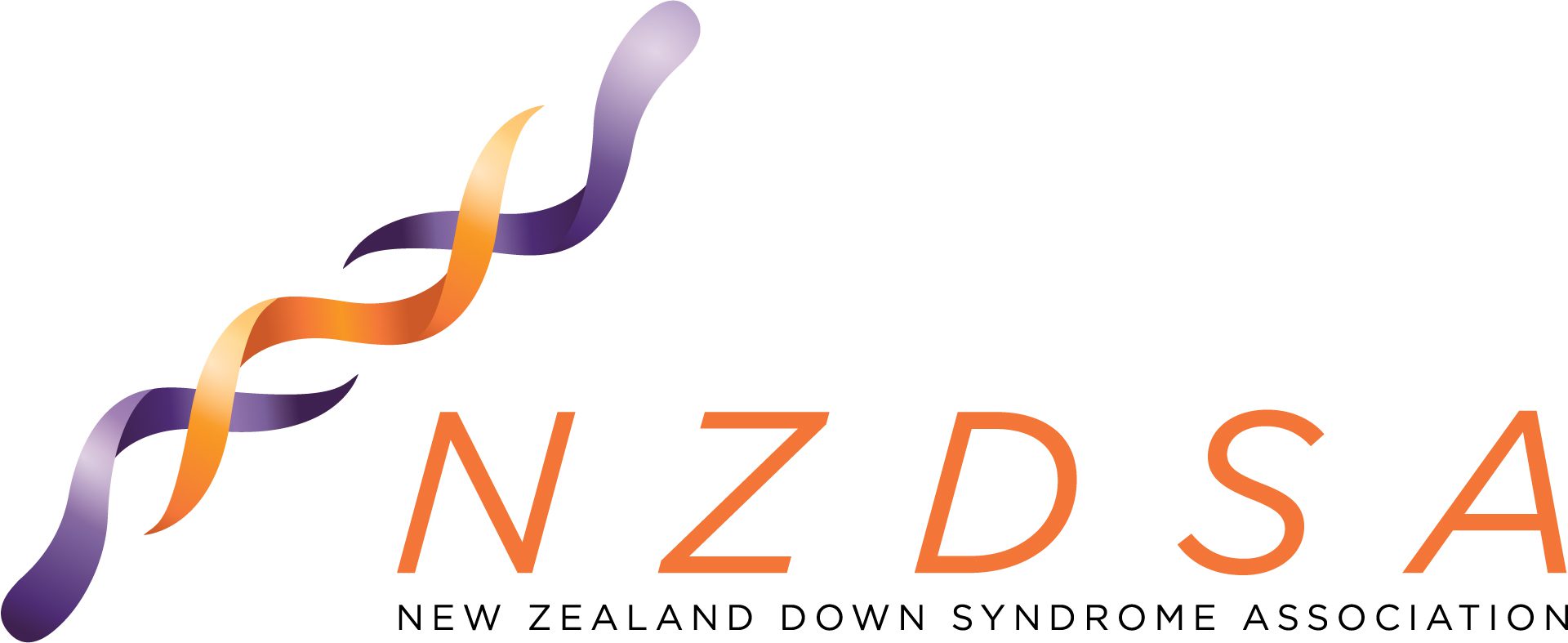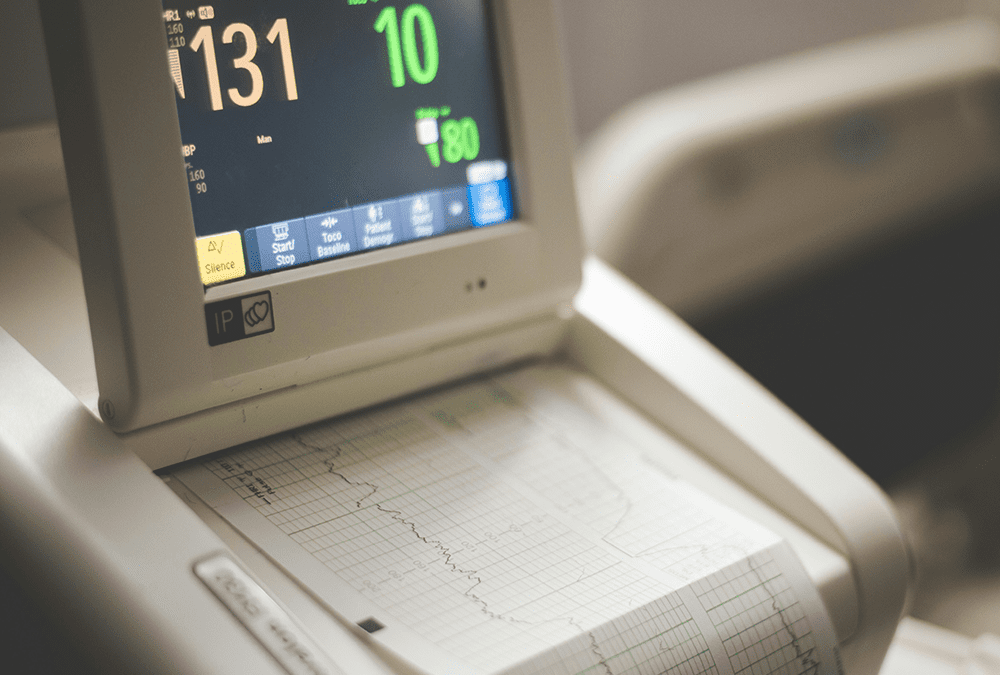New Zealand is on the cusp of introducing more advanced antenatal testing for Down syndrome. COEN LAMMERS investigates if the Down syndrome community should feel under attack and looks at the ethical, medical and social issues at the heart of this debate.
Pre-natal screening for Down syndrome and other genetic disorders has long been a contentious issue in New Zealand and abroad.
The introduction of more sophisticated and conclusive testing methods has increased termination rates and triggered a global debate around screening ethics, the value of a life with a disability and state-sponsored elimination of Down syndrome.
In some European countries, babies with Down syndrome have become a rarity.
Iceland has reportedly reached a 100% termination rate, closely followed by Denmark where in 2017 only four new babies were born with Down syndrome.
Whether you agree with the abortion policies in those countries or not, the undeniable fact is that in many countries young people with Down syndrome will soon become an uncommon sight, or worse, an unwanted anomaly.
A striking example of the growing sentiment that Down syndrome is a burden that some societies can do without, was highlighted last year in the Netherlands where some media commentators debated whether Dutch women had a moral duty to abort their babies with Down syndrome.
Their comments were based on a list published by the Dutch Ministry of Health of the most expensive diseases and conditions which rated Down syndrome as the most expensive condition to the tax payer.
This list and the articles were widely discredited, challenged and condemned as biased because it conveniently ignored major health areas like cancer.
This discussion triggered one Dutch physician to tweet that “We haven’t come this close to Nazi before,” referring to the systematic extermination of disabled people in Nazi Germany.
This quote may sound dramatic, but the overseas trends and policies in some of these so-called enlightened and modern societies have caused strong concerns in the global Down syndrome community about the value their own society puts on a life with Down syndrome.
Unfortunately, as they are introducing more effective screening programmes, most countries have not had a wide public discussion around this sensitive issue.
Statistics from the United Kingdom show that the termination rate of women who have had a positive screening test, has not changed over the past few decades and remains around a staggering 90%.
What has changed with the introduction of more sophisticated tests, is the actual number of positive tests and subsequent abortions in the UK, increasing from 482 in 2010 to 706 in 2016.
This year the National Health Service in the UK is rolling out the Non-Invasive Prenatal Testing (NIPT) which gives women a near conclusive result on whether their baby will have Down syndrome.
Some critics in the UK have argued against the introduction of the test, fearing Icelandic statistics.
The NIPT test is not yet widely available in New Zealand and Dr Jane O’Hallahan, Clinical Director of the National Screening Unit, says that a slower uptake can in this instance give New Zealand an advantage and the opportunity to have a debate on how to introduce the test in a responsible manner.
“We need to tread very carefully around the ethics and the management of introducing this test in New Zealand,” says Dr O’Hallahan.
The NIPT is already privately available in New Zealand but Dr O’Hallahan says that the Ministry of Health is likely to make the test available, initially for women with a higher chance of having a baby with Down syndrome or other genetic disorders.
Dr O’Hallahan understands why the overseas statistics cause concern in the New Zealand Down syndrome community and is adamant that the Ministry of Health does not share the views of their European counterparts.
“There is no agenda to terminate lives with Down syndrome.”
Unfortunately, the Ministry of Health does not keep any records on positive tests for Down syndrome and terminations.
Dr O’Hallahan says that roughly the same number of children with Down syndrome have been born in New Zealand in recent years and from that she concludes that improved testing has not triggered a rise in terminations.
The National Screening Unit has created a working group of stakeholders to look at ways of improving informed choice for all ethnicities. This working group includes New Zealand Down Syndrome Association National Executive Zandra Vaccarino and board member Kim Porthouse.
Dr O’Hallahan says these stakeholders are providing valuable insights, beyond the medical discussions.
Mrs Porthouse says that the NZDSA wants the medical sector to understand that the screening debate is a social issue, not just a medical issue. “And the social implications need to be part of these discussions.”
She has an interesting perspective as a midwife and a mother of a son with Down syndrome and feels that there are two specific issues at stake in the screening discussions.
In her view, the pregnant women firstly need to be better informed before they decide to have any tests at all, and if they receive a positive test, the women need to get more balanced information about Down syndrome.
Mrs Porthouse says that most women think the tests are standard and don’t really consider the impact the results can have and the sudden life-changing decisions they may be facing.
“People think they are just going to take a picture when they get their first scan,” says Mrs Porthouse who feels that pregnant women should be better informed that the reason for the 12-week scan is for an NT (Nuchal Translucency) scan as part of the MSS1 (Maternal Serum Screening) screen.
The Ministry of Health has produced a brochure on Screening for Down syndrome, which clearly spells out the options and the choices women have, but Mrs Porthouse doubts if the brochure is used widely at present.
“Women should be offered the option to take this away to read through before deciding to screen, but often due to timing, most decide at the initial booking appointment.”
If they undertake the screening and it detects a higher risk or chance of Down syndrome, the families are forced to make quick, big decisions.
They need to make a call on having an amniocentesis, which carries a small risk of losing the baby, or in some centres they may be offered the NIPT test, which is expensive. They also need to consider what impact a baby with Down syndrome may have on their lives.
If the additional more-conclusive testing indicates the baby has Down syndrome, the medical provider will explain what Down syndrome is, but in most cases this talk will merely feature a long list of medical conditions the child may or may not develop during their lives.
“The doctors will cover themselves for everything, even if there is just a minimal chance the child will ever have those issues,” says Mrs Porthouse. Mrs Porthouse says the women are not being counselled on the wider social issue and positive impact a child with Down syndrome could have on their lives and community. “These families need to get the chance to talk to parents who are living with Down syndrome or other people who have faced the same decision.”
Instead, she is aware of anecdotal evidence that women often feel pressured to terminate their pregnancy. “It is a very emotional time for the families and it is hard to think clearly, so if you are only presented with a long list of all the things that can go wrong with your child, it is not hard to see that people opt for termination. “In many cases, it can be a decision they regret,” says Mrs Porthouse who personally knows of parents who after termination have struggled with their decision. “In some cases, the people get to know more about Down syndrome or get to know someone and they find out it was not at all what the doctors had made them believe. For some it has been devastating.”
Dr Jane O’Hallahan is aware of the cases in which women feel pressured to terminate their pregnancy. “But we don’t know how widespread this, but there should be no pressure.”
The Clinical Director of the National Screening Unit says that the Ministry of Health is aware of the issues and is continuously improving information going to women. “However the introduction of NIPT in the future will require an overhaul of the informed choice process to enable women to make the right decision for them and their families,” says Dr O’Hallahan, who admits that her colleagues often portray a future with Down syndrome in a negative light.
Dr O’Hallahan says that the information provided is “over-medicalised” and is not a social discussion. “It does not consider the value of people with Down syndrome or the fact that these people add value to so many lives of others.”
As an example, the Director mentions her own daughter who had the privilege of following a family with a newborn with Down Syndrome during her medical studies – a lovely experience that would benefit all medical students.
Dr O’Hallahan says that the feedback from the NZDSA and other stakeholders on the working group had been valuable to show the social side of Down syndrome and that the National Screening Unit is more focused on counselling and providing better education for medical professionals and medical students about Down syndrome. “We are currently putting a lot of effort into giving more holistic information to give a real picture of what life with Down Syndrome is like. We are investing to give women the right information, so they can make the right decision for them and their family.”
ANTENATAL SCREENING
What are all the tests and what do they mean.
NT scan: Nuchal Translucency ultrasound scan performed around 12 weeks (range 11 weeks to 13 weeks, 6 days). It measures the fluid in the nuchal space at the back of the foetal neck. The old test used to combine just the scan with maternal age to give a risk of Down syndrome. Risk results are no longer provided on NT scan alone as they are less accurate compared to MSS1 or MSS2 screens. The NT scan is now only used in conjunction with the MSS1 calculation.
MSS1 screen: Maternal Serum Screening (combined blood test – 2 markers – and NT scan) performed in the first trimester of pregnancy until 13 weeks 6 days gestation. Current government funded screen, offered to all women who engage with antenatal care in the first trimester.
MSS2 screen: Maternal Serum Screening (4 marker blood test, no scan) performed between 14 weeks to 20 weeks gestation. Accuracy levels are said to be about the same as MSS1 screen, offered to all women who engaged with services too late for MSS1 screening or those who prefer not to have ultrasound scans of their pregnancy. Government funded.
NIPT (or NIPS) test: Non-Invasive Prenatal Screening. Blood test only (new blood test which is different to MSS1), is said to be 99+% accuracy. Currently not government funded in New Zealand and expensive.
Amniocentesis: diagnostic test in which a needle under ultrasound guidance is used to draw fluid from around the foetus. This fluid contains foetal cells which are used to look at chromosomes to see if Trisomy 21 (Down Syndrome) exists. Carries a risk of miscarriage of 0.5 to 1.0% (1:100 – 1:200).

